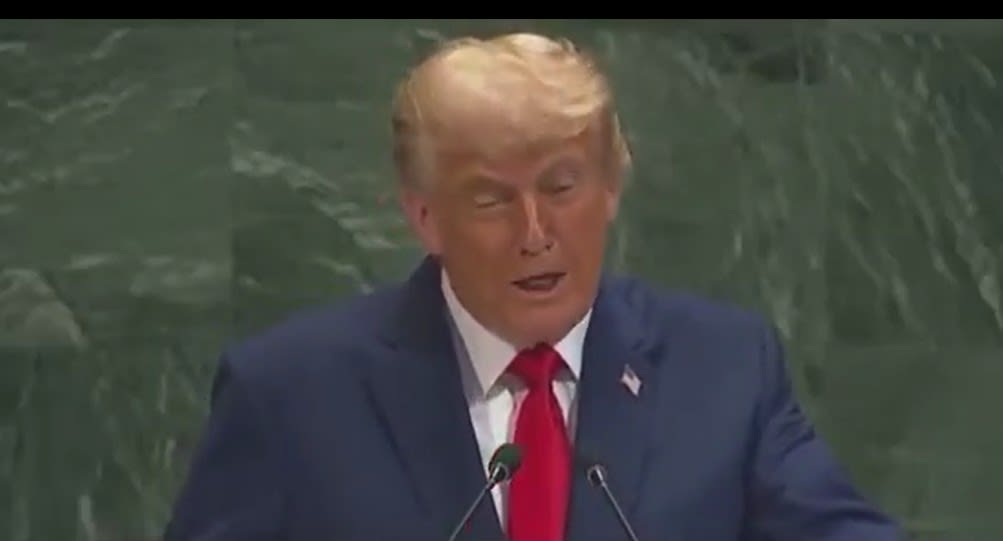America's electoral system has always been subject to—by design—a shifting balance of local control, state authority, and federal oversight. That balance is once again under strain, this time in the form of a pair of federal lawsuits that could redefine who ultimately controls access to voters' personal data. Last week, the Justice Department filed twin lawsuits against Maine and Oregon, arguing that the states violated federal election laws and the Civil Rights Act by refusing to give the agency full access to the states' voter data.
Since May, the Justice Department has sent letters to at least 32 states requesting access to their voter registration databases, according to the Brennan Center for Justice. In early August, the agency followed up with a more specific demand for full electronic copies of those files—including names, addresses, dates of birth, and sensitive identifiers such as driver's license and partial Social Security numbers—along with documentation of how states identify and remove ineligible voters.
While the Justice Department has requested information from states about election administration in the past—including during the first Trump administration—the scope of the request is unprecedented, per the Brennan Center. Most states have not complied, and those that have appear to have provided only the publicly available portions of their voter files, which vary by state but may include information such as voter names, addresses, party affiliation, and voting history.
The Justice Department's requests have raised privacy concerns from state officials, including Washington Democratic Secretary of State Steve Hobbs, who "fears the information would be shared with the Department of Homeland Security to fuel the Trump administration's immigration crackdown," reports the Washington State Standard. The Brennan Center notes that the Justice Department's demands could conflict with the Privacy Act, which restricts how federal agencies collect and share personally identifiable information, especially when such data are not explicitly authorized for disclosure.
Despite the broad lack of participation from the states, only Maine and Oregon have been sued so far. "States simply cannot pick and choose which federal laws they will comply with, including our voting laws, which ensure that all American citizens have equal access to the ballot in federal elections," said Harmeet K. Dhillon, an assistant attorney general at the Justice Department, in a press release.
Maine Democratic Secretary of State Shenna Bellows has called the Justice Department's actions "absurd" and a "federal abuse of power," according to CNN. Oregon Democratic Secretary of State Tobias Read criticized President Donald Trump in a statement, saying, "If the President wants to use the [Justice Department] to go after his political opponents and undermine our elections, I look forward to seeing them in court." Read also maintains that the federal government lacks the constitutional authority to pursue legal action on these grounds, according to the Oregon Capital Chronicle.
In the U.S., elections—and the voter data that underpin them—are managed primarily by state and local governments, not federal agencies. However, since being reelected, Trump has sought to increase the federal government's role in national elections. In March, the president signed an executive order directing federal agencies to enforce stricter eligibility verification, tighten mail‑in voting rules, and enhance data sharing between federal and state authorities regarding voter registration and citizenship status.
In August, Trump pledged to end mail-in voting throughout the country, save for extenuating circumstances, stating that the practice can lead to dishonest elections. Many experts argue that concerns about widespread fraud are overstated, and Oregon Public Broadcasting notes that there were just 38 criminal convictions of voter fraud out of 61 million ballots cast statewide from 2000 to 2019.
The cases could set a precedent for how far federal authorities can reach into state election systems. If the Justice Department prevails, more states may be forced to share complete voter data—including sensitive identifiers—to federal agencies, giving the government even more access to citizens' private information. If the courts side with Oregon and Maine, it may affirm states' ability to limit access in defense of voter privacy.
The post How a Fight Over Voter Data Could Reshape American Elections appeared first on Reason.com.













 Bengali (Bangladesh) ·
Bengali (Bangladesh) ·  English (United States) ·
English (United States) ·